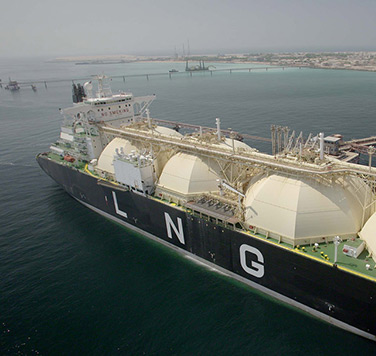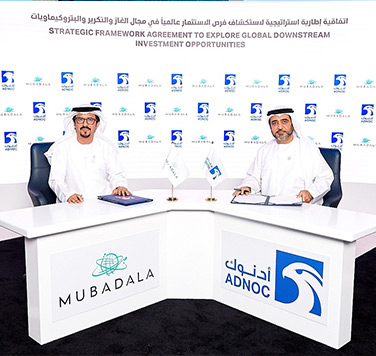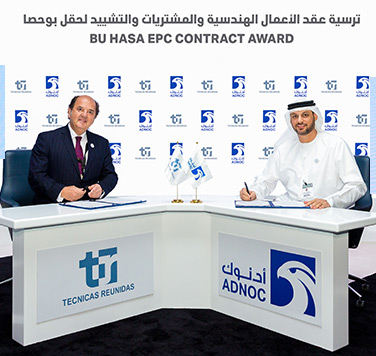ADNOC Updates Global Energy Leaders on its New Integrated Gas Strategy and Downstream Growth Plans

Abu Dhabi, UAE – November 14, 2018: The Abu Dhabi National Oil Company (ADNOC) hosted, today, a Gas, Refining and Petrochemicals Forum during the 2018 edition of the Abu Dhabi International Petroleum Exhibition and Conference (ADIPEC), presenting details of its recently announced gas strategy and its plans to further develop its refining and petrochemicals’ resources and create new downstream growth opportunities.
During the Forum, which was attended by over 800 global oil and gas executives, ADNOC provided further details of how its new integrated gas strategy, recently approved by Abu Dhabi’s Surpreme Petroleum Council (SPC), will drive the development and delivery of new gas resources that will enable the UAE to achieve gas self-sufficiency with the aim of transitioning to a net gas exporter. At its meeting, the SPC announced new discoveries of gas in place, totaling 15 trillion standard cubic feet.
Abdulmunim Al Kindy, Director of ADNOC’s Upstream Directorate, said: “Today’s Gas, Refining and Petrochemical Forum has provided an opportunity for global industry leaders to learn about ADNOC’s approach to growing its commercial upstream gas supply and to gain detailed insights into our new gas strategy and the progress we have made in delivering our ambitious refining and petrochemical growth plans.
“Our significant investment in commercially developing our gas resources will enable us to achieve self-sufficiency in gas and transition to being a net exporter of gas. At the same time, it supports our ongoing journey to become a leading, global downstream player that positions Abu Dhabi and the UAE as a major hub in the global refining and petrochemicals value chain.”
ADNOC’s integrated gas strategy is the first time in ADNOC’s history it has been in a position to comm¬¬¬ercially unlock its abundant gas resources. Under the new strategy, ADNOC will develop the Hail, Ghasha and Dalma mega-project that taps into Abu Dhabi’s Arab formation, which is estimated to hold multiple trillions of cubic feet of recoverable gas. The project is expected to produce more than 1.5 billion cubic feet of gas per day around the middle of the next decade.
ADNOC will also unlock other sources of gas, which include Abu Dhabi’s gas caps and unconventional gas reserves, as well as new natural gas accumulations, which will continue to be appraised and developed as the company pursues its exploration activities. ADNOC’s unconventional resources are expected to produce 1 billion standard cubic feet of gas per day, before 2030, while the development of its gas caps is expected to produce an additional 500 million standard cubic feet of gas per day for processing by 2030, from its Umm Shaif gas cap.
Meanwhile, the Abu Dhabi government’s historic decision, earlier this year, to open six oil and gas blocks for competitive bidding is expected to identify significant further gas resources. The six onshore and offshore blocks are estimated to hold multiple trillion cubic feet of gas.
On Sunday, ADNOC announced the awarding, to Total, of a 40 percent stake in the Ruwais Diyab unconventional gas concession. Under the terms of the agreement, Total will explore, appraise and develop the concession area’s unconventional gas resources. And, yesterday (Tuesday), ADNOC announced it had signed an agreement with ENI, awarding it a 25 percent stake in the Ghasha concession, comprised of the Hail, Ghasha, Dalma and other offshore fields.
ADNOC’s new gas strategy will also sustain its LNG production to 2040 and allow ADNOC to seize incremental LNG and gas-to-chemicals growth opportunities – where they arise – from the UAE’s dynamic demand/supply position and evolving energy mix. And it will create additional value from international LNG trading expansion, in response to the dominant role Asian markets will play in driving demand for liquefied natural gas.
With this in mind, ADNOC signed a framework agreement with Saudi Aramco, on Monday, to jointly assess investment opportunities across the LNG value chain that could unlock value and drive revenue growth for both companies. The two regional oil and gas giants will also partner on techno-economic feasibility studies and exchange knowledge and experience in LNG growth markets.
During the Gas, Refining and Petrochemicals Forum, ADNOC provided an update on the progress made in delivering its downstream refining and petrochemicals strategy, unveiled earlier this year, when ADNOC announced a plan to invest AED 165 billion in its Downstream value chain, which will see the company triple production of petrochemicals to 14.4 million tons per annum by 2025. ADNOC also plans to create the world’s largest integrated refining and petrochemicals complex in Ruwais, which will enable it to further stretch the value of every barrel it produces.
Abdulaziz Al Hajri, Director of ADNOC’s Downstream Directorate, said: “We are accelerating delivery of our feedstock engines, petrochemical integration and the Ruwais Derivatives and Conversion Park – all key initiatives aimed at significantly expanding ADNOC’s downstream operations. At the same time, we continue to actively seek to create long-term partnerships, providing access to opportunities across the value chain for both investors and partners, as we add more value to every barrel of crude oil and natural gas we produce.”
Forum attendees heard that significant progress has been made in delivering a number of key downstream projects, including the new polypropylene plant, which has the capacity to produce an additional 480 KTA of polymers material. ADNOC also updated the Forum attendes on the creation of feedstock engine, the future mixed feed cracker, that will produce 1.8 million tons per year of ethylene and associated co-products. In the last few weeks, ADNOC has initiated its first Propane dehydrogenation (PDH) unit and commissioned a high-grade carbon black unit, which will allow ADNOC to drive more value from the bottom of the barrel.
¬¬Enabled by its new gas strategy, ADNOC’s downstream investment will help it secure better access to growth markets around the world. It will also create a new advanced petrochemical derivatives and conversion manufacturing ecosystem in Ruwais, which will serve as a hub for the setting up of various downstream conversion units that will take advantage of the availability of a diversified range of petrochemical inputs to produce finished or industrial products. It will also stimulate In-Country Value creation, private sector growth and specialized job opportunities.
Meanwhile, ADNOC is committed to expanding its international downstream footprint, with targeted, strategic investments. Earlier this year, it signed an agreement with Saudi Aramco and a consortium of Indian oil companies to explore a strategic partnership and co-investment in the development of a new mega refinery and petrochemicals complex at Ratnagiri, on India’s west coast. And today, ADNOC announced it has signed a framework agreement with Mubadala, Abu Dhabi’s global investment vehicle, to jointly explore international downstream growth opportunities.
Speakers at the Forum included Abdulmunim Al Kindy, Director of ADNOC’s Upstream Directorate; Abdulaziz Alhajri, Director of ADNOC”s Downstream Directorate; Fatima Al Nuaimi, Acting CEO of ADNOC LNG; and Abdulla Ateya Al Messabi Manager of Refining and Petrochemicals Business Unit at ADNOC Refining.




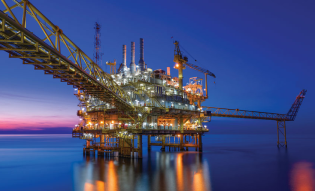
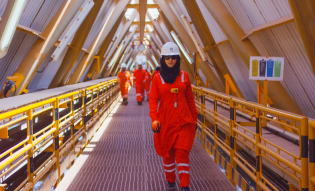
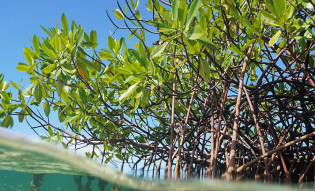
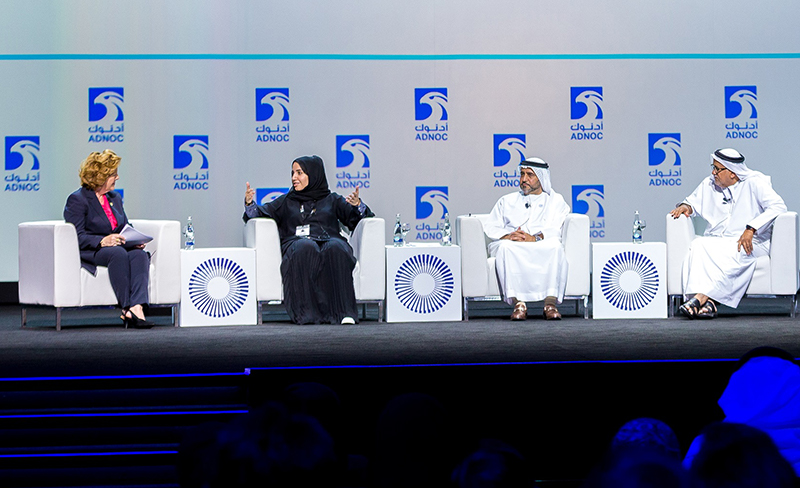
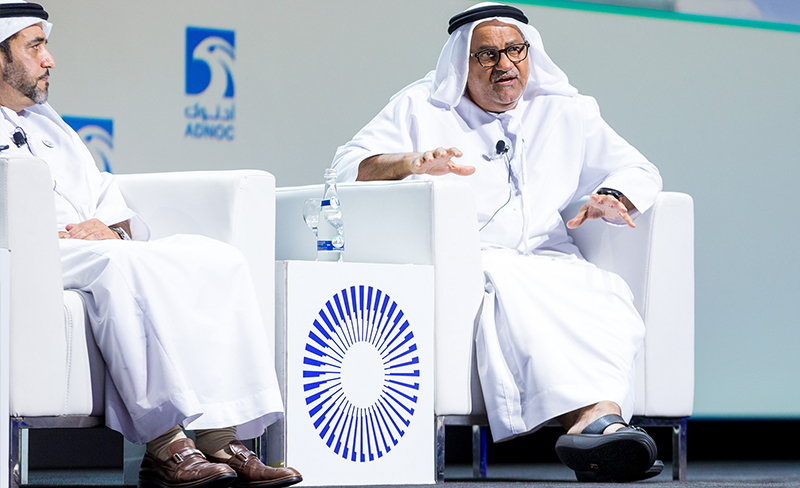
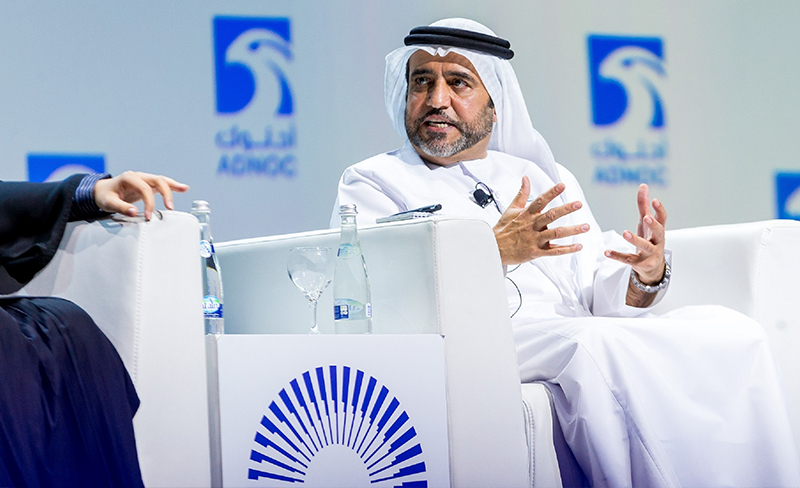
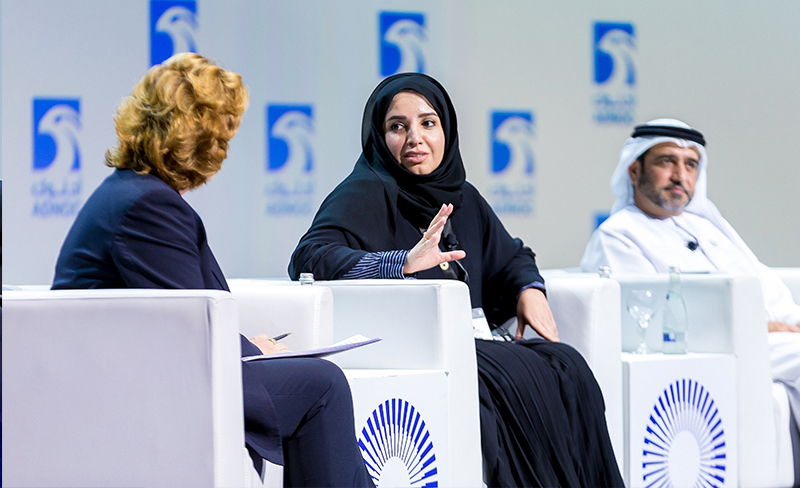
.ashx?h=748&w=1000&hash=23B79F2DEDB1AEAC75968BDB7A78AB66)


